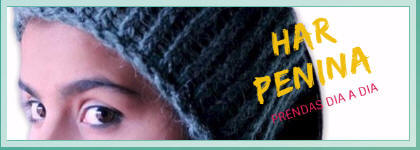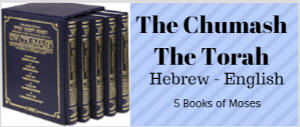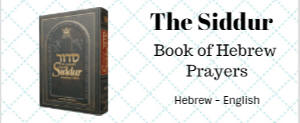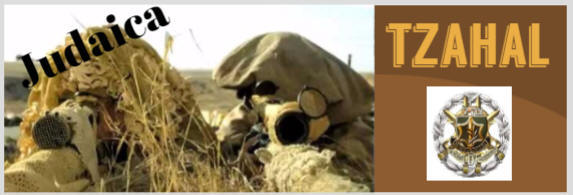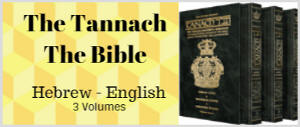Parashat Shemot Vaera- 5778 - The Power of Speech
In this week's parashah, Parashat
Shemot, in which the status of
the People of Israel rapidly
descends from privileged
citizens to the level of being
persecuted and ultimately
enslaved by their "hosts," the
Egyptians, Moshe is approached
by HaShem, and offered the
position of being His Messenger
in the Redemption of Israel.
At the Burning Bush, Moshe attempts
to decline the offer, "And Moshe
said to HaShem, 'I am not a man
of words, and I never have
been...for I am heavy of mouth and
heavy of speech.' Then HaShem
said to him, 'Who makes a mouth
for man, or Who makes one dumb
or deaf, or sighted or blind? Is
it not I, HaShem? So now, go! I
shall be with your mouth, and
indicate what you should say.'
He replied, 'Please, my L-rd,
send through whomever you will
send!' The wrath of HaShem
burned against Moshe, and He
said, 'Is there not Aharon your
brother, the Levite? I know that
he will surely speak; behold he
is coming out to meet you, and
when he sees you, he will
rejoice in his heart... He shall
speak for you to the People; and
it will be that he will be your
mouth and you will be his
leader.' " (Shemot 4:10-17)
How ironic that Moshe "Rabbeinu,"
our Teacher, the man who will
receive the Torah and become its
Teacher, par excellence, to the
Jewish People, now protests his
shortcomings at communication!
When "Adam HaRishon," First Man, is
created, the Torah says, "And
HaShem the L-rd, formed the Man
of earth taken from the ground,
and He blew into his nostrils
the soul of life; and the Man
became a 'nefesh chayah,' a
living being." Targum Onkelos
translates the term "living
being" as "ruach me-malela," a
"speaking being." The essence of
Man is his rationality and
ability to speak, to become a
transmitter of a Tradition of
Faith embodying Fear and Love of
HaShem, and knowledge of His
Torah. Incidentally,
archaeologists have estimated
the first appearance of
alphabet-based languages as
occurring approximately 6,000
years ago.
There is a Mesechta in "Shas"called
"Nedarim," translated roughly as
"vows." What the concept means
is the ability, by means of
speech, to create an "Issur
Cheftza," a prohibition of use
of an object which was
heretofore completely
permissible. If, having made a
"Neder," the one who established
it violates it, there is a
difference of opinion among the
"Rishonim," the great medieval
commentators, as to which Torah
Commands he has violated.
According to the Rambam, he has
violated all three of the
following:
1. The Negative Command, "He shall
not render his words valueless."
(BaMidbar 30:3)
2. The corresponding Positive
Command, "He shall fulfill
everything that comes out of his
mouth." (ibid.)
3. The Positive Command, "Guard what
comes out of your lips and be
sure to fulfill it." (Devarim
23:24)
Ramban's opinion, is that he has
violated only the second of the
Commands listed. From the
emphasis of the Torah on the
idea that a person should keep
his word, we see how important a
value truthfulness is in
Judaism.
Another aspect of proper speech that
follows from the Torah's
Command, "You shall be holy"
(VaYikra 19:2) is "lashon
nekiah," "pure and clean
speech." For example, the Torah,
which counts every word and
letter, uses the expression
"that is not pure" (Bereshit
7:2) instead of "impure" in
HaShem's instructions to Noach
regarding which animals to load
onto his ark. People who
practice this characteristic
will often say, "untruth" rather
than "lie." It follows that
profanity and loud and ugly
speech are, or should be, absent
from the speech of a Jew. Then
there is the extremely difficult
and challenging prohibition
against speaking or accepting
"lashon hara," "evil or
slanderous speech" concerning
another human being.
A person's ability to speak should
be regarded as a precious and
holy gift from HaShem. The
ability to organize one's
thoughts and express words that
are noble, gentle, courteous and
well-reasoned, in praise of and
in gratitude to HaShem for His
Creation, are desirable
characteristics of human speech.
L'Illuy Nishmas beni, Aharon Baruch
Mordechai ben Pinchas Menachem

